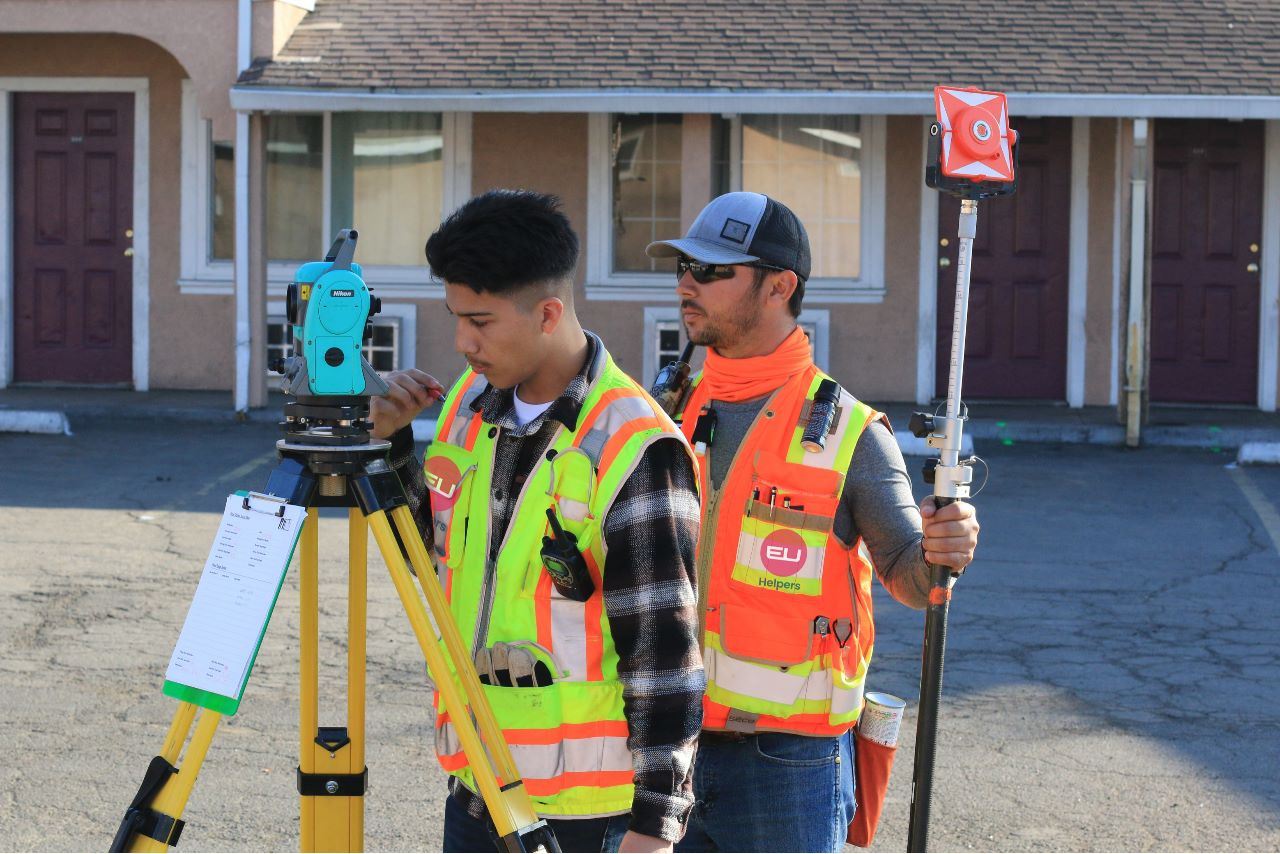Work in Austria

Austria's Thriving Job Market Fuels Job Growth and Innovation
Austria, a picturesque European country located in Central Europe, is known for its rich history, stunning landscapes, and a high quality of life. With a population of approximately 8.9 million people, Austria offers a stable and prosperous environment for both residents and expatriates.
Benefits of Working in Austria:
Working in Austria comes with numerous benefits, including:
- High Quality of Life: Austria consistently ranks high in quality of life indices, offering excellent healthcare, education, and safety.
- Strong Economy: Austria has a robust and diverse economy with a focus on technology, manufacturing, and service industries, providing a stable job market.
- Cultural Richness: Austria boasts a rich cultural heritage, offering a vibrant arts scene, historical sites, and a love for music and the outdoors.
- Work-Life Balance: Austrians value their work-life balance, with shorter working hours and generous vacation time.
- Excellent Healthcare: The country provides high-quality healthcare services, accessible to all residents.
Job Market:
Austria's job market is diverse and offers opportunities in various sectors, including technology, manufacturing, tourism, and services. The country has a low unemployment rate, making it an attractive destination for job seekers. The most prominent sectors include:
- Technology: Austria has a growing technology sector, with companies focusing on IT, software development, and engineering.
- Manufacturing: Manufacturing industries, such as automotive and machinery production, offer numerous job opportunities.
- Tourism: Austria's tourism industry is flourishing, providing jobs in hospitality, travel, and related services.
- Services: The service sector, including finance, healthcare, and education, offers a wide range of job prospects.
How to Find a Job:
There are several methods to find a job in Austria:
- Online Job Portals: Websites like LinkedIn, XING, and Monster are popular platforms for job searches.
- Recruitment Agencies: You can also engage with recruitment agencies that specialize in matching job seekers with suitable positions.
- Networking: Building a professional network through events, conferences, and local associations can be an effective way to discover job opportunities.
- Company Websites: Many companies post job openings on their official websites, so regularly check them for vacancies.
- Government Resources: The Austrian Public Employment Service (AMS) offers job listings and career counseling services to both residents and foreigners.
Types of Employment:
In Austria, there are various types of employment, including:
- Full-Time Employment: A standard 40-hour workweek with full benefits and job security.
- Part-Time Employment: Working fewer hours than the standard week, with benefits proportional to working hours.
- Fixed-Term Contracts: Employment for a specific duration, often used for temporary positions.
- Self-Employment: Operating your own business, which requires adherence to specific regulations.
- Freelancing: Providing services as an independent contractor on a project-by-project basis.
Factors to Consider While Relocating:
Before relocating to Austria, consider the following factors:
- Visa and Work Permit: Ensure you have the necessary visas and work permits in place.
- Cost of Living: Research the cost of living in your chosen city or region to plan your budget effectively.
- Language Skills: While many Austrians speak English, having some knowledge of German can be highly beneficial.
- Housing: Secure accommodation before your move, as housing can be in high demand, especially in major cities like Vienna.
- Healthcare: Familiarize yourself with the healthcare system and ensure you have appropriate health insurance.
- Cultural Adaptation: Learn about Austrian culture, customs, and etiquette to ease your integration into society.
- Taxes: Understand the tax regulations in Austria and how they may affect your income.
Conditions to Work:
Austria has strong labor laws that protect employees' rights, including:
- Minimum Wage: Austria has a minimum wage, which is periodically adjusted.
- Maximum Working Hours: The standard workweek is 40 hours, and overtime is regulated.
- Vacation Leave: Full-time employees are entitled to at least 25 days of paid vacation per year.
- Workplace Safety: Employers are required to maintain safe working conditions and provide appropriate safety training.
- Employee Benefits: Austrian workers often receive additional benefits like health insurance, pension contributions, and paid sick leave.
Top Paying Industries:
Several industries in Austria offer competitive salaries, including:
- Information Technology: Skilled IT professionals, especially software developers and data scientists, are in high demand.
- Engineering: Engineers, particularly those in mechanical and electrical engineering, receive attractive compensation.
- Finance: Jobs in the financial sector, such as banking and investment, often come with high salaries.
- Medicine and Healthcare: Medical professionals, especially doctors and specialists, enjoy above-average incomes.
- Law and Legal Services: Lawyers and legal experts typically command substantial pay.
Work Visa and Residence Permit:
To work in Austria, you'll need a work visa and, often, a residence permit. The process involves the following steps:
- Job Offer: Secure a job offer from an Austrian employer.
- Apply for Visa: Apply for a work visa at the Austrian embassy or consulate in your home country.
- Residence Permit: After arriving in Austria, apply for a residence permit within your first three months in the country.
- Registration: Register your residence with the local authorities.
- Renewal: Residence permits need to be renewed periodically, and eligibility may depend on your employment status.
In conclusion, Austria is an attractive destination for those seeking a high quality of life, a stable job market, and a pleasant work-life balance. With a strong economy, diverse job opportunities, and a focus on culture and well-being, Austria offers a welcoming environment for both residents and expatriates. However, it's important to plan your relocation carefully, considering factors like visas, language skills, and accommodation to ensure a successful transition to this beautiful European nation.
